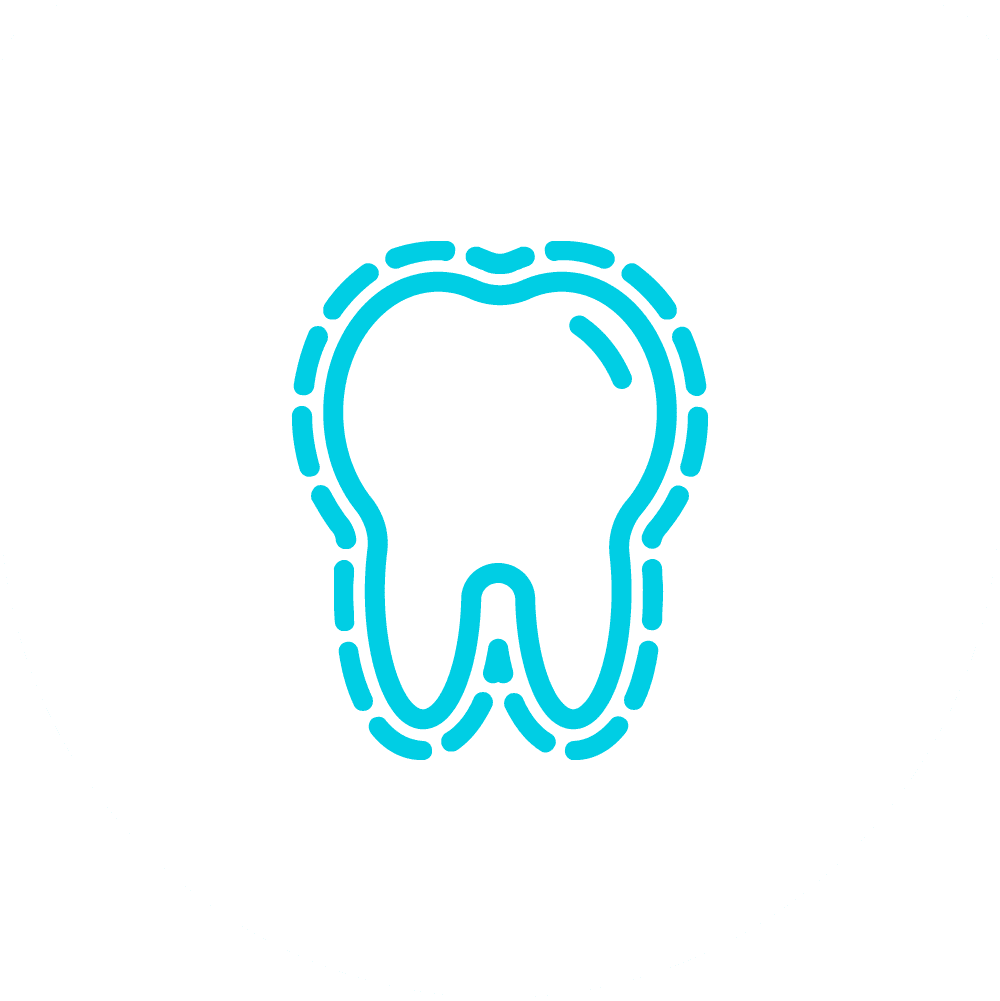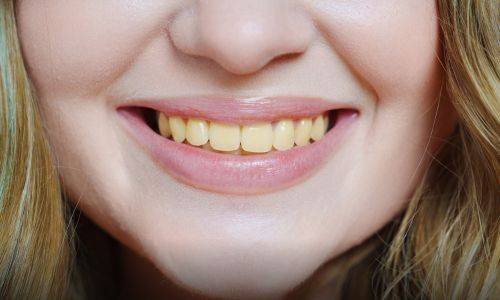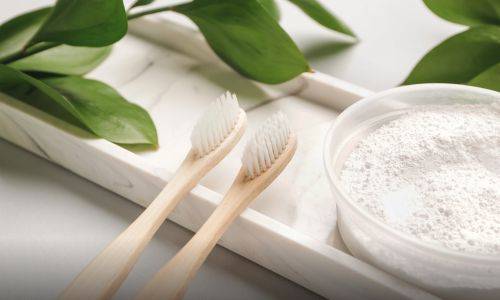Welcome to Contemporary Family Dentistry
Bend, Oregon Family Dentist,
Dr. Jessica Henderson.
Welcome to Contemporary Family Dental located in Bend, Oregon. Come and experience a dentist you can feel at home with. We treat patients 18 and older and welcome you to our warm and friendly dental practice.

4.6-stars reviews from our satisfied pateints

About Usmile
Friendly Dental Clinic in Bend. Walk-In Appointments Available!
Congratulations on finding the best dental team for private dental care near you. Contemporary Family Dental Clinic/Office in Bend, Oregon, offers dental services from General Dentistry to Implants to Teeth Whitening and hygienist Services. We have the best dentist in Bend, Oregon.
Our practice is committed to providing you and your family with a dentist who offers safe, gentle, and high-quality dental care in Bend, Oregon. We are taking on new patients right now above the age of 18.
Contact us Today to schedule an Appointment.
We do not treat kids under 18 at our dental clinic.
General, Cosmetic & Specialty Dentist Near You
ABOUT DR. JESSICA HENDERSON – Dr. Jessica spends most of her time working, as she is the only doctor in her practice. But when she’s not, she enjoys time at home “out in the country”. For fun, Jessica goes to Mt. Bachelor to snowboard and hang out at the mountain. In the summer, Jessica likes hiking or kayaking with her three Newfoundland dogs.
Turning your smile into an experience


Teeth Alignment
Achieve a straighter, healthier smile with our personalized teeth alignment solutions. We offer clear aligners and traditional braces tailored to your needs.

Cavity Inspection
Protect your smile with our thorough cavity inspections using advanced diagnostic tools. Early detection helps prevent decay and costly treatments.

Cosmetic Dentistry
Transform your smile with our expert cosmetic dentistry services. From teeth whitening to veneers, we help you look and feel your best.

Oral Hygiene
Maintain a healthy, radiant smile with our personalized oral hygiene care. Regular cleanings and check-ups are key to long-term dental health.
Testimonials
Changing lives one smile at a time

4.6/5.0
FAQs
Frequently Asked Questions
At CFD, we combine advanced technology, compassionate care, and a patient-first approach to deliver top-quality dental services. Our focus on comfort and excellence has earned us a reputation as the best dental clinic in Bend.
Yes! Contemporary Family Dentistry is currently accepting new patients of all ages. As a trusted Bend dental clinic, we’re here to provide gentle, personalized care for your entire family.
Absolutely. As a leading Bend family dentist, we offer comprehensive dental care for children, teens, and adults—ensuring your whole family enjoys healthy, confident smiles.
Our experienced team is dedicated to making every visit stress-free and comfortable. At Contemporary Family Dentistry, we take pride in being the Bend family dentist families trust for compassionate and consistent care.

Our Contact
Get in touch
Have a question or need to book an appointment? Our friendly team is here to help!

Quick Contact
Feel free to contact us
+1 541-389-1107
info@contemporaryfamilydentistry.com

Our Address
Contemporary Family Dentistry
1016 NW Newport Ave, Bend, OR 97701, USA
Blog & News
Latest Blog & News
Tooth discoloration what you need to know
Teeth stain for many reasons, including food and drink choices, oral…
Visit Dentist during COVID-19 with Confidence
Visit your Dentist during COVID-19 – There is an availability of…
Why is Ongoing Dental Biomaterial Research So Important?
Conventionally, dental implants and related solutions are meant to be neutral.…






